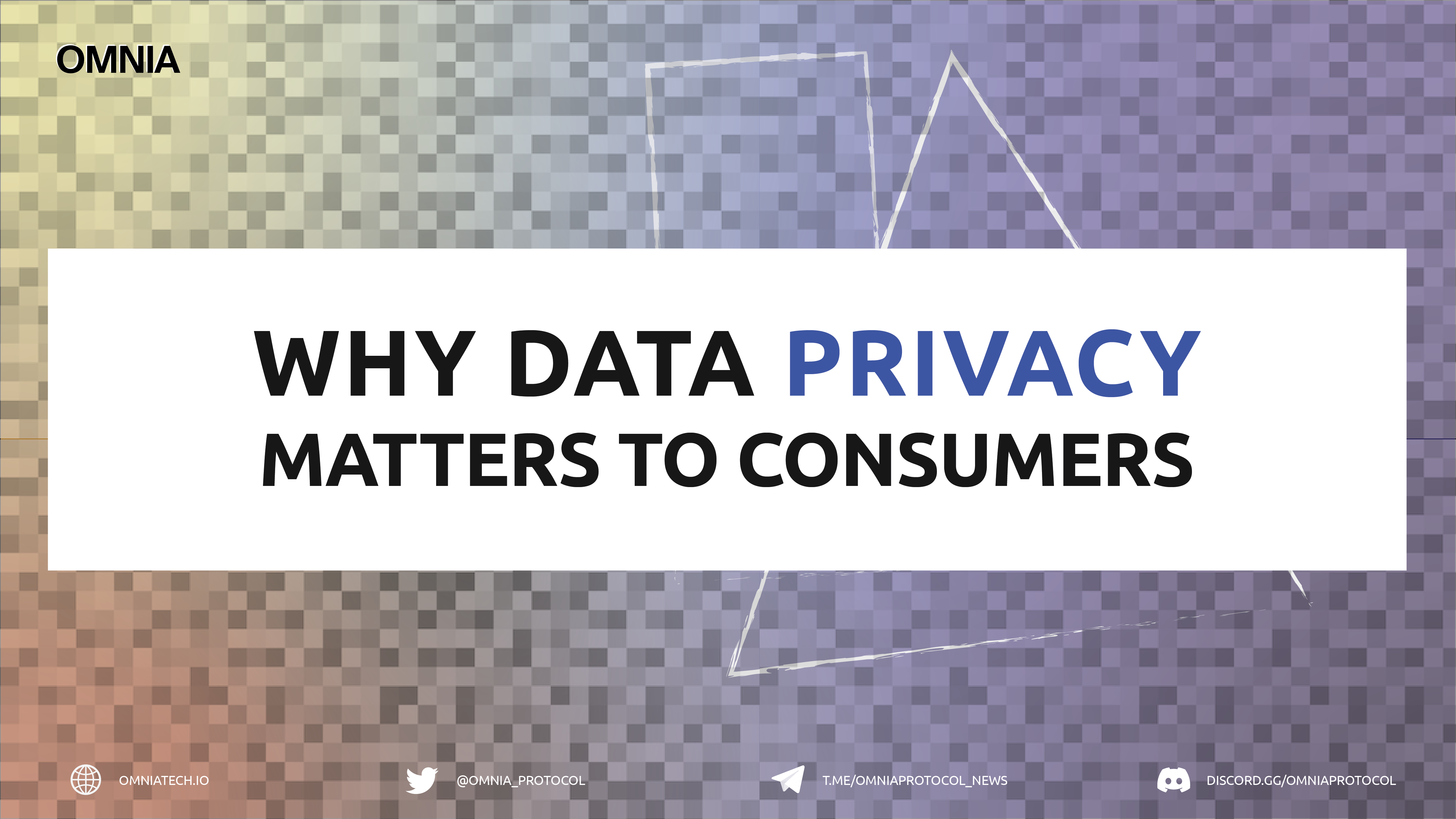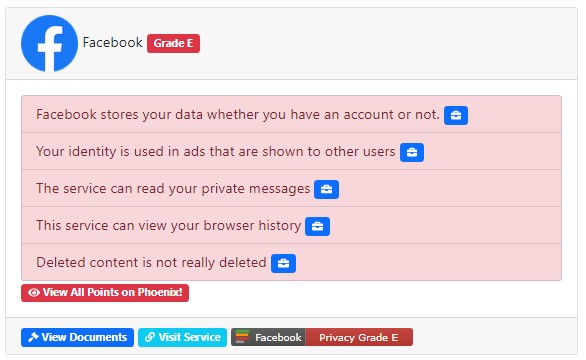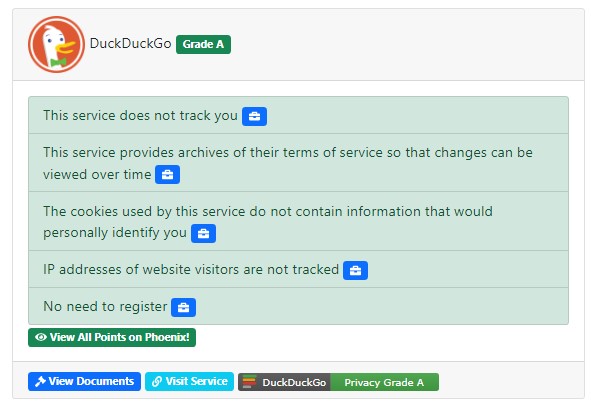
Why Data Privacy Matters to Consumers
The world continues to depend more and more on the internet as modern-day electronics become increasingly interconnected to our daily lives. Mobile phones and the applications that run on them attempt to make life easier by providing quick access to services such as banking, health, entertainment, social media, dating, online shopping, and more.
The same applications also gather consumer data in the background. App users ignore the data collected and how it is handled by the apps, as they often skip reading the user ‘Terms and Conditions.’
Data collection is not limited to mobile apps as the websites we visit also retain consumer information and track our movement within the sites. Very few websites notify visitors of data collection, and consumers unknowingly provide personal information without a clue what happens to it when they close their internet browser.
Consumer Data is Often Shared with Third Parties
The data collected by both apps and websites might be stored securely in a backend database to be used later to customize consumer return visits. The data might eventually be deleted, but this depends on the data protection laws the app or website abides by.
Sometimes, consumer data is auctioned off to data brokers who compile personal information using offline and online tools. They then package and sell to the highest bidder, including researchers, marketing and advertising firms, and sometimes criminals or malicious individuals who use it for doxing.
Consumer data could also end up in the hands of government agencies for legitimate reasons such as tracking criminals or terrorists. However, some governments can use the same consumer data to clamp down on citizens with opposing views.
How to Tell What Information a Website or App Collects
As mentioned earlier, most apps and websites have ‘Terms and Conditions’ that explain how personal information is gathered and handled. But the documentation is often lengthy. As a result, consumers skip reading it and agree to the ‘Terms of Service’ without much thought to what they are signing up for.
But tosdr.org aims to change that. The website, short for ‘Terms of Service Didn’t Read,’ allows internet users to query how popular websites such as Facebook, Amazon, Reddit, and more handle online privacy.

Tosdr.org homepage.
Tosdr.org also grades websites depending on how they handle consumer data. Websites that handle user data appropriately get a Grade A. Those that fail to do so from all angles get a Grade E.
For example, the popular social media platform Facebook has a Grade E because the site stores user data regardless of whether one has an account or not. Facebook also uses user information in ads that are shown to other users. The social media platform can also read private messages, view browser history, and retain deleted content.

Facebook has a Grade E based on how it handles consumer data.
On the other hand, the privacy-focused internet search engine DuckDuckGo receives a Grade A for not tracking its users in any way.

DuckDuckGo has a Grade A for not tracking its users.
Why Businesses Should Value Consumer Data Privacy
A recent MAGNA Media Trials and Ketch survey shows that 74% of respondents highly value their data privacy. The importance of data privacy also resonated across all age groups surveyed.
Therefore, and taking into account the two examples of Facebook and DuckDuckGo, businesses should focus more on their data privacy policies as they ultimately determine online interactions with users and consumers.
More and more people are genuinely concerned about how businesses handle their personal data, and some feel many organizations are not doing enough to protect their online privacy. A lack of consumer confidence means that repeat business becomes a challenge, and competitors can easily attract disgruntled users by guaranteeing secure and private online experiences.
In addition, consumers understand that sometimes sharing data has benefits and will reward businesses that securely handle their personal information. Consumers also value responsible data practices, such as having an option not to share their information or have it deleted upon request. It is estimated that consumers can reward brands with responsible data practices with 23% more purchases in the US and 28% in the UK.
Additional Reasons Why Data Privacy Matters
Apart from guaranteeing repeat purchases for businesses, how websites and apps handle personal data matters as online interactions are equivalent to digital fingerprints that need to be protected and handled with care. Proper handling of online data matters because of the following additional reasons.
- Privacy is a fundamental human right acknowledged by the United Nations and the constitutions of over 150 countries.
- Privacy is also an essential facet of guaranteeing freedom of thought and expression.
- Collected data is often sensitive and includes social security numbers, credit card numbers, bank account numbers, medical records, personal photos, blockchain addresses, and more. Unauthorized access to the information can lead to doxing, identity theft, and other criminal activity.
- We live in an era of artificial intelligence, and personal data can be used to manipulate our online decisions, political opinion, and voting.
- As much as governments exist to serve their citizens, data privacy is essential in minimizing overreach by government agencies and law enforcement.
- Criminals can target vast amounts of stored personal data, as was the case when attackers grabbed data of almost 1 billion Chinese citizens from the Shanghai Police database.
- Businesses, websites, and applications that utilize privacy best practices and relevant data laws gain the respect and trust of their users and customers.

